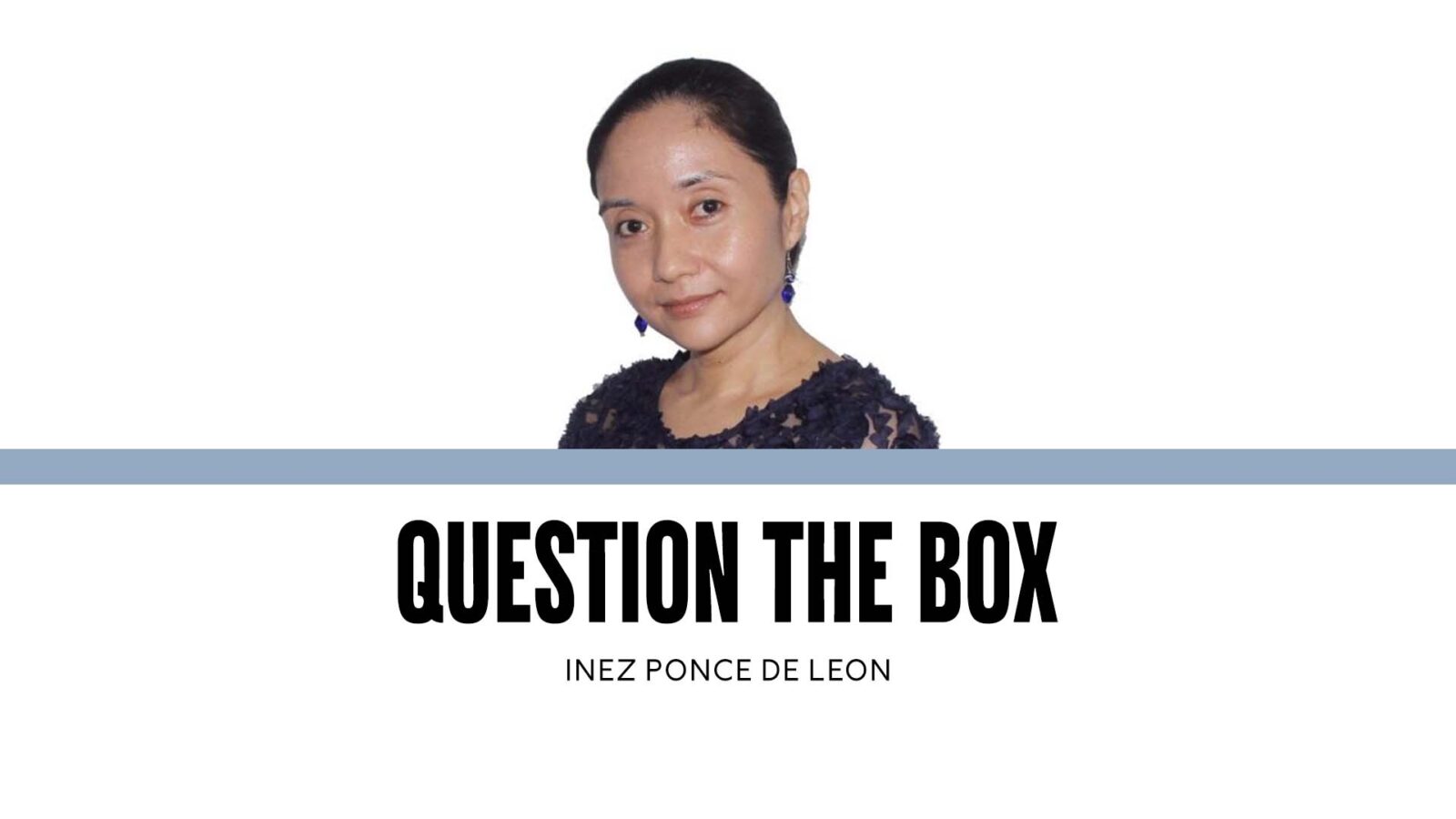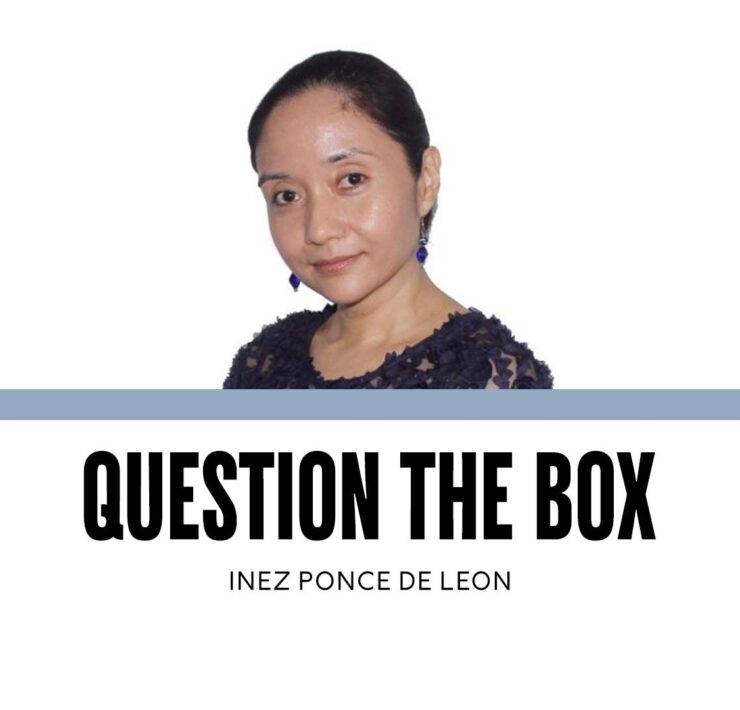Learning languages, living prayer

Today is the feast of St. John Paul II.
I will always remember him as the Pope whose mere presence could bring people to tears of joy.
I will also remember him as the Pope whose last days were filled with suffering and helplessness. He was no longer the active shepherd of Christ who hiked in the Alps, walked among children, or survived an assassination attempt. He was an old man struggling to speak as disease ate through his nerves.
Some of his cardinals did not agree with his staying in the papacy for much longer. It looked bad for the Church, they said, to have a leader so visibly debilitated that he could not make decisions, let alone preach.
Not all in the Church hierarchy agreed; not all the faithful asked for him to be replaced by someone with more youth, vitality, and ability.
It was something that came to mind last weekend, as I attended Masses at Landmark Makati’s Our Lady of Hope, as well as at Our Lady of Pentecost in Loyola Heights, with Fr. Cris Robert Cellan and Fr. Herbie Santos officiating, respectively.
Both priests spoke about the power of persistent prayer, reflected in that day’s gospel reading. Father Cellan talked about prayer not as blackmailing or manipulating God, but as something that helps us trust in God’s providence. The word “providence,” after all, comes from the Latin words pro (before) and videre (to see). Prayer is a means to trust in God’s foresight, to know that an answer will come in time, and often in the form of an opportunity rather than a finished product.
Take, for instance, the prayer that comes true when one graduates from college on time, and thus has the opportunity to enter the workforce and become a force for good. Or when one gets their dream job and thus has the opportunity to earn money to both support themselves and help those in need. Or when one is brought back from the brink of death, and thus has the opportunity to live a life of righteousness and service.
Father Santos talked about the power of prayer when it is matched with action: there is no progress when all we do is pray but isolate ourselves from the world, or rely too much on our power but leave no room for grace. To pray, therefore, is not to keep asking God for things, but to also ask for the strength to work toward one’s desires.
In both these homilies, prayer was not about personal convenience or self-satisfaction. It was not about wishing suffering on the evil or begging for the death of those in pain. It was not about playing God and deciding who is allowed to live an uneventful life and who is not, who lives and who dies.
Persistence in prayer was not merely about repeating words until one reached a quota, and therefore “qualified” for “rewards.” It was a constant pressing of the human heart into the shape of humility, but it was also about freeing our lives to meet the surprises that only God can give.
The language of prayer is hard to learn when one thinks of God as a mere vending machine or convenience store. It is even harder to utter when one thinks of God as a watchmaker who simply stepped back at the start of creation and allowed the universe to proceed its own way. And yet it is a language that allows us to dream, to tap into divine power, as Father Santos said, so that we truly communicate with God in an exchange full of trust and friendship.
That was perhaps what drew many to St. Pope John Paul II in his last days. His suffering was no mere veneer of pity. He was not a politician using a walker or entering a venue in a wheelchair and neck brace. He was not claiming to be skin and bones, asking to be declared unfit to stand trial for his sins.
He was, simply, a human being whose visible suffering reminded us that all human beings, from the moment of conception to their natural death, are sources of inspiration. To have wished the Pope dead would have been to take away the reminder that there was no such thing as a useless person; that no one ever had the right to be discarded or disregarded; that even struggles are a source of grace.
That there, too, is strength, when one surrenders to the divine will.
In his last days, with a wave of the hand, a nod, or unintelligible prayers, St. Pope John Paul II showed us that earthly riches mean nothing in the face of the truly discerning. No private jet, no 40-car garage, no sprawling mansions will ever substitute for the message of hope that one man brought through the richness of his example.
He sat on the balcony overlooking St. Peter’s Square, and said without words, “I am still here—and in our weakness and pain, so must we all be.”
Perhaps this is a reminder to all politicians. To those who siphon off taxes to adorn their mansions while the poor starve in hovels, who manipulate the law to favor the needs of the accused, who claim to pray or call upon the Holy Spirit in their hour of need: you were voted because of your popularity, but you must lead with your humanity—and, at any time, be ready to truly surrender.
iponcedeleon@ateneo.edu


















